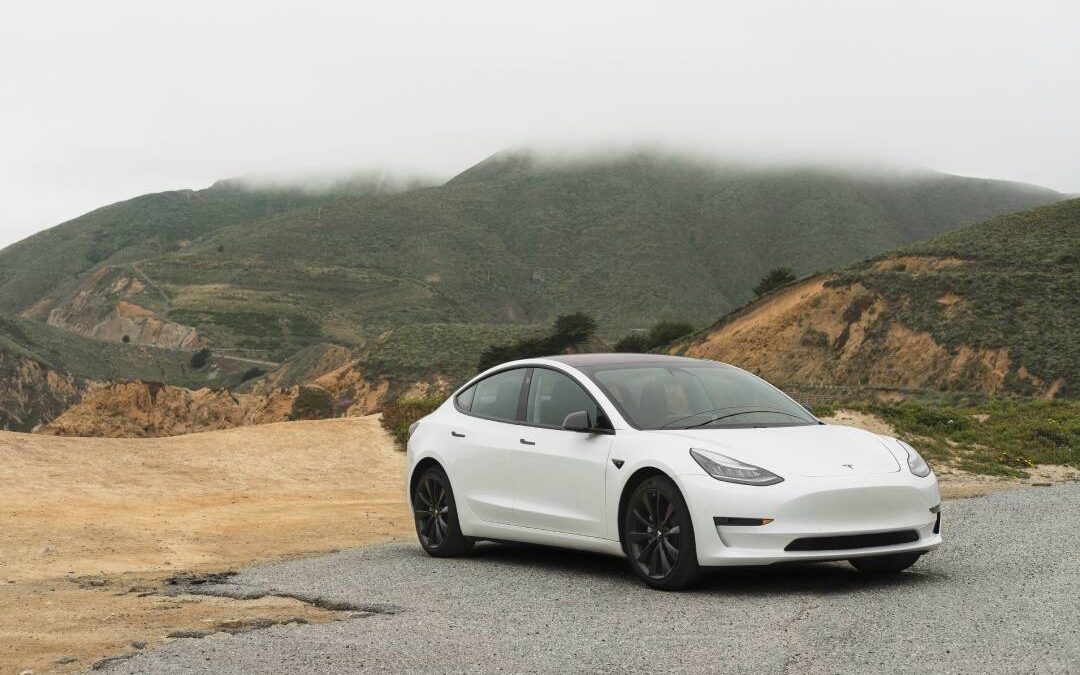Tesla Seeks Investment Boost; Musk Courts Buffett
On social media, Musk responded to a suggestion that Berkshire Hathaway, Buffett’s investment firm, should shift its holdings from Apple to Tesla. Musk called it an “obvious” move for the value-oriented investor.
Facing a downturn in global electric vehicle sales, Tesla CEO Elon Musk publicly extended an invitation to renowned investor Warren Buffett, suggesting Tesla could be a lucrative investment opportunity.
This comes amidst a challenging period for Tesla. The company recently reduced its workforce by over 10% and is grappling with intensifying competition in the EV market. Rising interest rates have also dampened consumer spending on electric vehicles.
On social media, Musk responded to a suggestion that Berkshire Hathaway, Buffett’s investment firm, should shift its holdings from Apple to Tesla. Musk called it an “obvious” move for the value-oriented investor. Interestingly, Berkshire Hathaway currently holds shares in Chinese EV company BYD, but not Tesla.
Buffett recently sold off a significant portion of Berkshire Hathaway’s Apple holdings. However, he clarified this decision stemmed from tax implications, not a change in his long-term outlook on Apple.
Analysts suggest Tesla might be undergoing a strategic shift. The company has laid off staff across various departments and appears to be prioritizing projects like autonomous driving software and humanoid robots. This restructuring could be a way to free up cash for these ambitious ventures.
Tesla Sales Drop 18% in China Despite Booming EV Market
Tesla’s sales of China-made electric vehicles (EVs) plunged 18% in April compared to the same month last year, according to data released by the China Passenger Car Association (CPCA) on Tuesday.
While China’s EV market is experiencing its slowest growth rate in a year, it’s still expanding. The new energy vehicle sales in China (including battery-powered EVs and plug-in hybrids) are estimated to have reached 800,000 units in April, a 33% increase year-on-year. Tesla, however, seems to be bucking this trend. Deliveries of their popular Model 3 and Model Y vehicles manufactured in China also saw a significant decline, dropping 30.2% from March.
Tesla’s struggles in China become even more apparent when compared to its biggest competitor, BYD. BYD, a Chinese automaker, saw a significant increase in sales, with their Dynasty and Ocean series of EVs and plug-in hybrids experiencing a 48.97% year-on-year jump in April.
Analysts are left wondering what’s behind Tesla’s slump in China. The shifted timing of the Chinese Lunar New Year earlier this year may have played a minor role in February’s sales figures. However, the broader decline suggests deeper issues at play.
Read More

